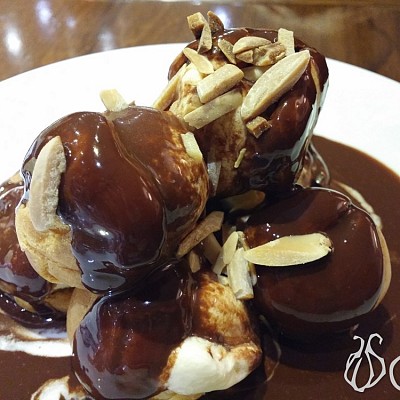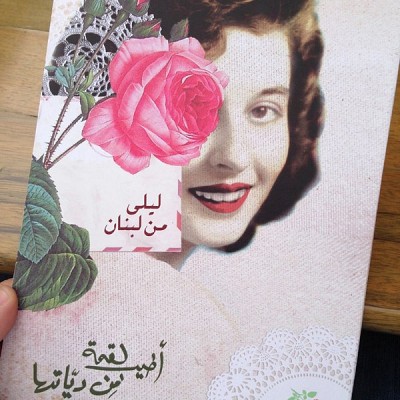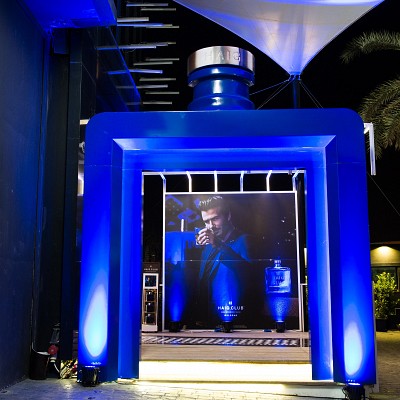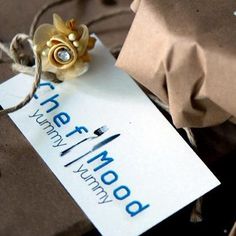Recently, I was invited to attend a get together around a selection of single malts, a night were we would get to know the differences between one bottle and another and between regions.

Five whiskies were on the list. The best part was a small booklet we were given so we'd know more about this famous drink. The main ingredients of whisky are barley, water and yeast. The barley (ch3ir) is first soaked in water before being dried in preparation for the malting process.
Mashing comes next. The malted barley is mixed with hot water while the sugar is drained. Fermentation is the process during which the yeast is added and the sugars are converted into alcohol. Scotch whisky is typically distilled twice than mixed with water at around 60% before it goes into the maturation process. At that stage, the alcohol has a clear color, transparent, like water, and is ready to be out in casks.
Now comes the most important part of whisky production; placing the whisky in casks to gain color and flavor. European oak trends to produce sweet fruity taste and a darker colored spirit. American oak tends to produce sweet vanilla notes, coconut notes and a lighter color.

Legal definitions of single malt scotch whisky:
- Procured from one distillery
- Distilled in Scotland
- Distilled at less than 94,8% ABB
- Matured in oak casks containing of maximum of 700 liters of whiskey
- Matured only in Scotland
- Matured for not less than three years
- Should retain color, aroma and the taste of the raw materials
- Caramel can be added to sustain color (less than 3%)
- No substances other than water and caramel should be added
Types of Scotch whisky:
- Single malt
- Single grain
- Blended
- Blended malt
- Blended grain

Other whisky varieties:
- Bourbon
- Tennessee Whiskey
- Rye whiskey
- Irish whiskey
Today's tasting:
- Macallan 12 year-old (a single highland malt produced in Speyside)
- Highland Park 12 year-old
- Famous Grouse (blended whisky)
- Nika Taketsuru (a pure malt from Japan) A mix of two single malts to create a pure malt
- Cutter Ancnoc (a highland malt)
I'm a single malt fan, this kind of whisky you enjoy without ice, but sometimes a glass of water can make a big improvement in taste. My favorite of all from our lesson was the Cutter Ancnoc, a smoky whisky with a strong nose and rich end notes. An interesting bottle and company I'd like to discover further. Macallan is a whisky which can't you can't get wrong, a smooth finish, a full bodied whisky, I prefer to enjoy it with a bit of water. The Japanese offering was too strong for me, a drink I'd choose for an after dinner chat while staring at the chimney's fire. I'm not a fan of blended whiskeys, but Famous Grouse has something interesting to offer. It's kind of light and sweet.
Activate your nose, follow that with your taste buds, make sure the whisky touches all your tongue, remember to drink water between each one and you try and the next, finish and take a break. Start again, adding a couple of drops of water to your drink and experience the difference.





















































